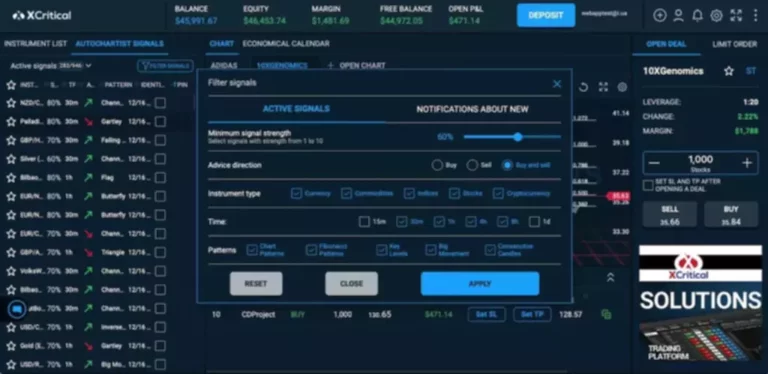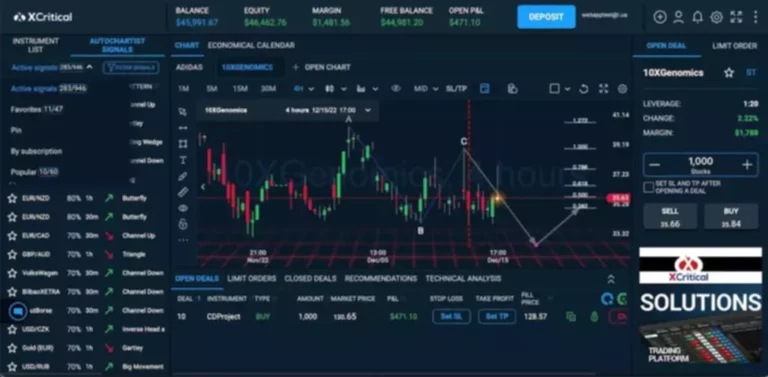Although there is room under these definitions for certain digital assets be both a “cryptocurrency” and a “security,” these rules went into impact July 1, so we are going to see how they’re honored within the breach. Classifying crypto as a safety offers investor protections but in addition topics the entire asset class to stricter rules, affecting every little thing from registration necessities for exchanges to investor data. Amidst these debates, legislative efforts proceed to fine-tune regulatory frameworks for digital assets. For instance, bipartisan payments like the Lummis-Gillibrand Responsible Financial Innovation Act aim to clarify the roles of the SEC and the CFTC in overseeing digital property.
Crypto tokens and conventional securities exhibit a putting distinction, every possessing distinctive attributes that decide their position in the monetary ecosystem. Security tokens, as digital representations of ownership or rights on blockchain, offer technological innovations like programmable features and automated dividends, which standard securities do not inherently possess. Moreover, the trading mechanics of crypto tokens differ significantly; they can be traded around the clock on decentralized exchanges, unlike traditional securities confined to the buying and selling hours of centralized exchanges.

Several major exchanges, such as Kraken and Gemini, have engaged with the SEC and different regulatory our bodies to make sure they meet compliance standards. For example, Kraken is regulated by prime monetary authorities like the ASIC in Australia and the FCA within the UK, reflecting its commitment to adhering to stringent regulatory requirements. Similarly, Gemini has obtained approval from regulatory our bodies such as the UK’s FCA and the US’s NYSDFS, underscoring its position as a compliant trading platform. Taking a company public requires careful planning, strong financial controls, and compliance with SEC and Sarbanes-Oxley laws. Correct reporting, solid governance, and scalable systems are essential to handle new demands.

Ethical Uses Of Generative Ai In The Follow Of Regulation

Securities and commodities are two very different financial instruments and in the U.S., are regulated by two completely different government organizations. Some or all cryptos are commodities, depending on which regulatory authority you ask. The classification is dependent upon the circumstances the cryptocurrency is issued under, how it’s made available to traders, how it trades, and the way buyers and traders deal with it.
Commodities Vs Securities: Similarities, Differences, And The Way Crypto Could Be Categorised
No, crypto firms providing securities merchandise must register with the SEC or qualify for an exemption to avoid legal and monetary penalties. The SEC has been actively issuing enforcement actions against several main crypto exchanges. In June 2024, the SEC concluded its investigation into whether or not Ethereum must be classified as a security, figuring out not to pursue any claims that sales of ETH are securities transactions.
While Securities are governed by strict regulatory frameworks, Commodities buying and selling is usually less regulated, focusing more on market integrity and fair trading practices. Understanding this distinction is crucial for traders and merchants navigating monetary markets and complying with related regulatory necessities. In this regulatory grey space (regulatory uncertainty), some cryptocurrencies could doubtless be handled as securities and others as commodities.
It can then be traded like some other cryptocurrency or commodity wherever it could legally be traded. Persons who provide and promote such meme cash therefore “do not need to register their transactions with the SEC beneath the Securities Act of 1933,” or otherwise qualify for an exemption under the securities laws. Stablecoins serve as a vital Exchange (organized market) base trading pair on cryptocurrency exchanges such as KuCoin, Binance.US, and Uphold Change.
This may simplify tax reporting for buyers since commodities have simple IRS tips for taxation. Decentralisation in Cryptocurrencies challenges conventional regulatory frameworks, enabling regulatory evasion. Without central authorities, implementing compliance turns into tough, potentially facilitating illicit activities like money laundering and tax evasion. The future regulatory landscape for Crypto is poised for evolution, navigating jurisdictional complexities, investor protection, and technological developments.
Fungibility refers back to the interchangeability of models within a Currency, the place each unit is similar and interchangeable with others. In Cryptocurrencies, digital assets like Bitcoin, fungibility ensures that every unit holds the identical worth and can be exchanged without distinction, making certain transactional anonymity and maintaining market liquidity. And as you can gather, with a virtual Foreign Money this definition or distinction is difficult. This distinction affects Crypto tokens regulatory oversight, market dynamics, and buying and selling https://www.xcritical.com/ strategies.
Ethereum is a blockchain designed to perform as a worldwide digital pc for building purposes. Its native token, ether, is considered a commodity by the CFTC as a outcome of Commodity vs Security Why It Matters For Crypto it is a virtual foreign money. However depending on who you’re speaking to, they might be referring to a cryptocurrency—they may just be using a unique time period. Interchangeable with other items of the same sort, they take pleasure in less stringent regulation in comparability with securities.
- For instance, when blockchain or crypto-related firms elevate capital through preliminary coin offerings (ICOs), they concern digital cash that permit buyers to participate in the crypto project and earn a share of its earnings.
- In Accordance to their perspective, cryptocurrencies are used as a retailer of worth, just like commodities like gold.
- The decentralized nature of Bitcoin raises questions about whether or not the asset meets the standards of the Howey Test that may classify it as a safety.
- Cryptocurrency is classified as a commodity, subject to laws by the Commodity Futures Change Fee and anti-fraud provisions.
- If Bitcoin is assessed as a commodity, it falls beneath the jurisdiction of bodies just like the Commodity Futures Buying And Selling Commission (CFTC) in the united states
Issues such as centralization issues, regulatory uncertainty, transparency, and depegging dangers have sparked debates and regulatory scrutiny. Understanding these challenges is crucial for each retail and institutional customers who rely on stablecoins for buying and selling, payments, and DeFi applications. Commodity-backed stablecoins derive their worth from tangible belongings similar to gold, real estate, or different physical commodities. These stablecoins provide a hedge in opposition to inflation and fiat devaluation, providing a digital illustration of scarce assets. Stablecoins are available varied types, every with distinctive mechanisms that decide their stability, adoption, and utility. Understanding these differences is crucial for merchants, buyers, and establishments looking for to leverage stablecoins for numerous use instances.

